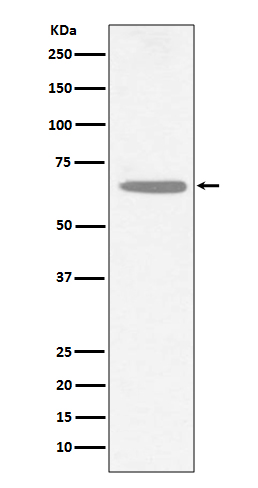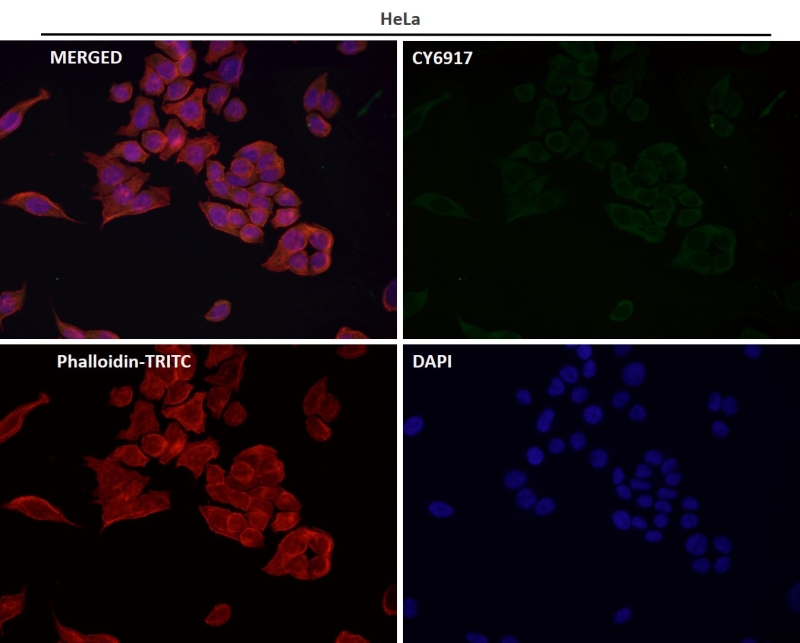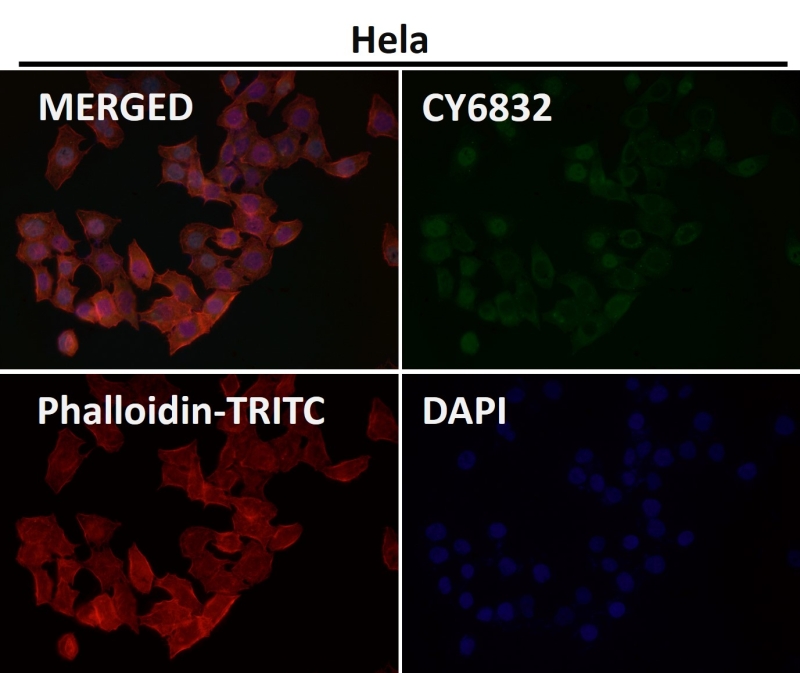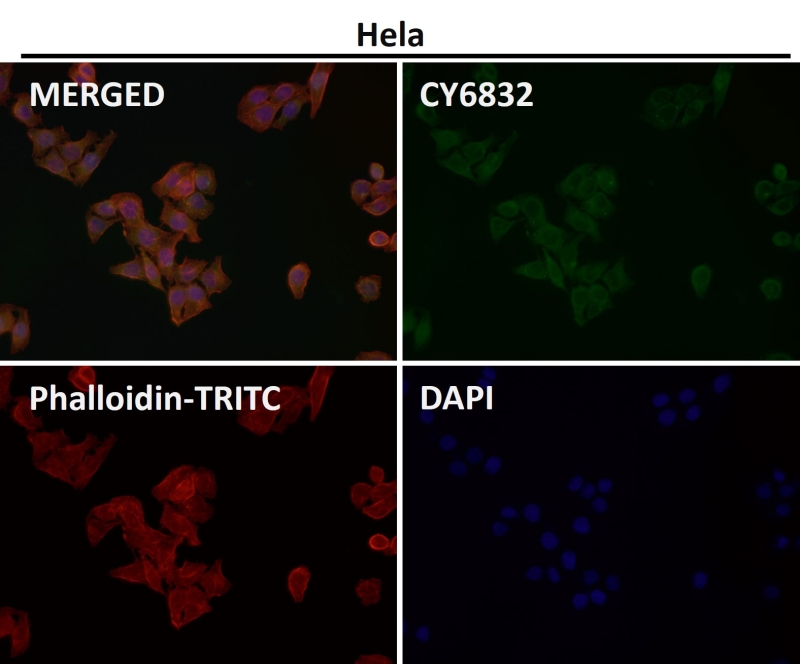



| WB | 咨询技术 | Human,Mouse,Rat |
| IF | 1/20-1/50 | Human,Mouse,Rat |
| IHC | IHC:1/100-1/200;IHF:1/50-1/200 | Human,Mouse,Rat |
| ICC | 1/50-1/200 | Human,Mouse,Rat |
| FCM | 1/20-1/100 | Human,Mouse,Rat |
| Elisa | 咨询技术 | Human,Mouse,Rat |
| Aliases | Acetyl CoA choline O acetyltransferase; ChAT; CHOACTase; Choline acetylase; choline acetyltransferase; Choline O acetyltransferase; CMS1A2;;CHAT |
| WB Predicted band size | Calculated MW: 83 kDa ; Observed MW: 82 kDa |
| Host/Isotype | Rabbit IgG |
| Antibody Type | Primary antibody |
| Storage | Store at 4°C short term. Aliquot and store at -20°C long term. Avoid freeze/thaw cycles. |
| Species Reactivity | Human,Mouse,Rat |
| Immunogen | A synthesized peptide derived from human CHAT |
| Formulation | Purified antibody in PBS with 0.05% sodium azide,0.05% BSA and 50% glycerol. |
+ +
以下是关于CHAT(胆碱乙酰转移酶)抗体的3篇参考文献示例,包含文献名称、作者及摘要概括:
---
1. **文献名称**: *Production of a specific antiserum against choline acetyltransferase from rat brain*
**作者**: Eckenstein F, Thoenen H
**摘要**: 该研究描述了大鼠脑源性CHAT抗体的制备方法,并通过免疫组化验证其特异性,成功用于定位中枢神经系统的胆碱能神经元。
2. **文献名称**: *Monoclonal antibodies against choline acetyltransferase for the immunohistochemical localization of cholinergic neurons*
**作者**: Haga T, et al.
**摘要**: 研究团队开发了高特异性CHAT单克隆抗体,应用于大鼠、小鼠和人类脑组织的免疫组化分析,证实其在胆碱能神经元标记中的可靠性。
3. **文献名称**: *Choline acetyltransferase immunoreactivity in the human cerebellum: distribution and alterations in Alzheimer's disease*
**作者**: Oda Y, et al.
**摘要**: 通过CHAT抗体标记,发现阿尔茨海默病患者小脑中的胆碱能神经元分布异常,提示CHAT活性下降可能与疾病病理相关。
---
以上文献聚焦于CHAT抗体的开发、验证及其在神经科学中的应用,涵盖基础研究和疾病机制探索。如需具体文献来源,建议通过PubMed或Google Scholar按标题检索。
**Background of CHAT Antibodies**
Choline acetyltransferase (CHAT) is a critical enzyme responsible for synthesizing acetylcholine (ACh), a key neurotransmitter involved in neuromuscular signaling, cognitive functions, and autonomic nervous system regulation. CHAT antibodies target this enzyme and are primarily studied in two contexts: research and clinical diagnostics.
In research, CHAT antibodies are widely used as immunohistochemical markers to identify cholinergic neurons in the brain and peripheral nervous system, aiding studies on neurodegenerative diseases (e.g., Alzheimer’s) and cholinergic circuitry. They also help assess CHAT expression in conditions like myasthenic syndromes or neurodevelopmental disorders.
Clinically, anti-CHAT antibodies are associated with autoimmune and paraneoplastic disorders. For instance, they are detected in some patients with autoimmune autonomic ganglionopathy (AAG), causing dysautonomia, or in rare cases of congenital myasthenic syndromes due to CHAT gene mutations. Additionally, these antibodies may link to cancer-related neurological syndromes, where immune responses mistakenly attack neuronal CHAT.
However, anti-CHAT antibodies are less common than other neural antibodies (e.g., anti-AChR), making their detection valuable for diagnosing atypical cases. Their presence often prompts further investigation into underlying malignancies or autoimmune etiologies. Overall, CHAT antibodies serve as vital tools in both understanding cholinergic biology and unraveling complex neurological pathologies.
×